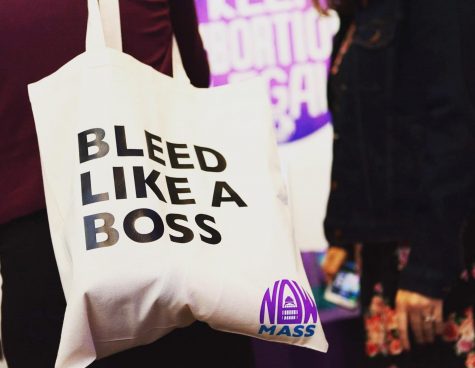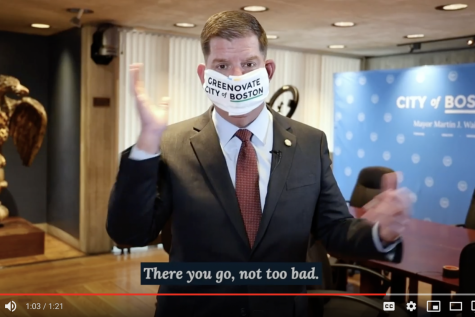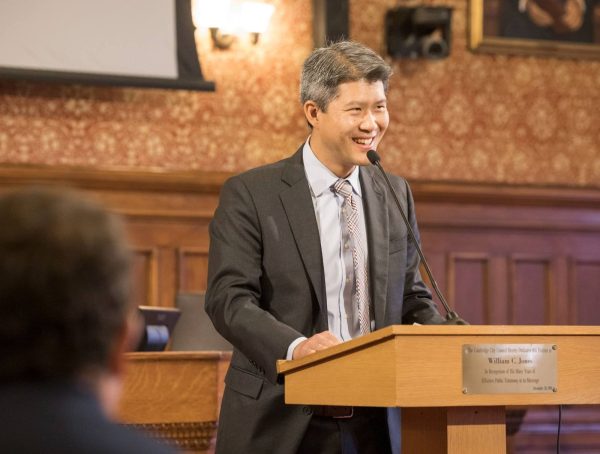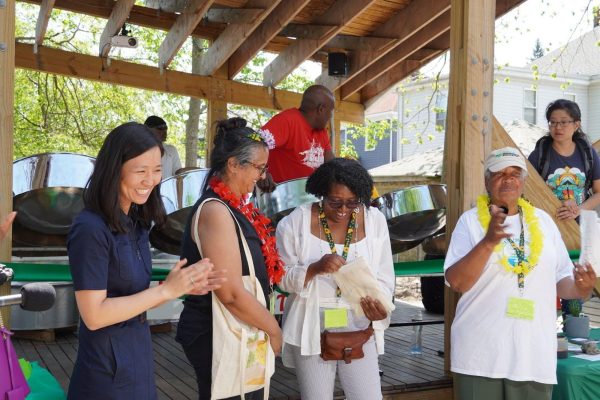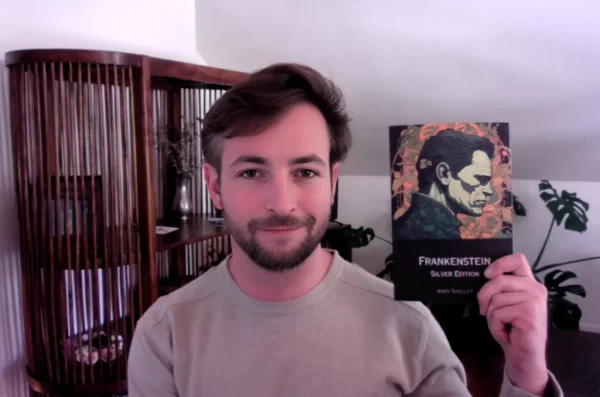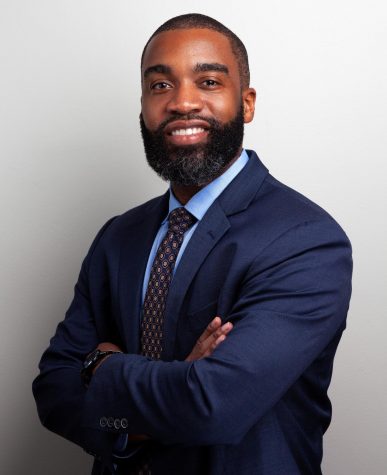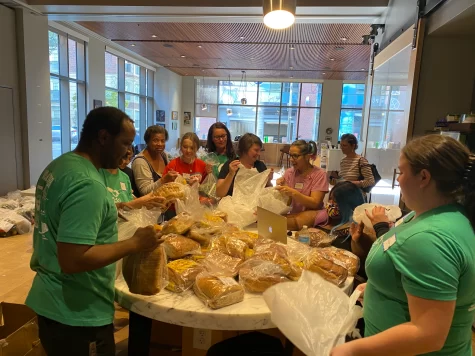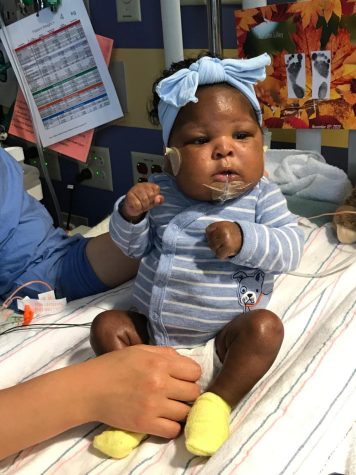Blue Crime Blue Dime aims to shift approach to ending police brutality with private liability insurance
All over the United States, police reform has become a hot-button issue. Amid calls to defund the police, activist and founder of Blue Crime Blue Dime, Hadiya Flowers, formulated her own solution to reduce the frequency of police brutality, particularly against marginalized communities — to implement private liability insurance for police departments.
Flowers, a 24-year-old Boston resident, said she got the idea while attending a protest against police misconduct and brutality on Juneteenth, a holiday commemorating the end of slavery in the United States. She left the protest early to work on her idea, which has now blossomed into the organization Blue Crime Blue Dime.
When police go to court over incidences of police brutality, Flowers said, taxpayers are the ones who end up fronting the bill.
“That’s all our money that gets paid out in the settlements, and we pay for their legal fees and their lawyers,” she said. “Even if they’re found guilty, we still pay for everything, and it’s millions and millions of dollars.”
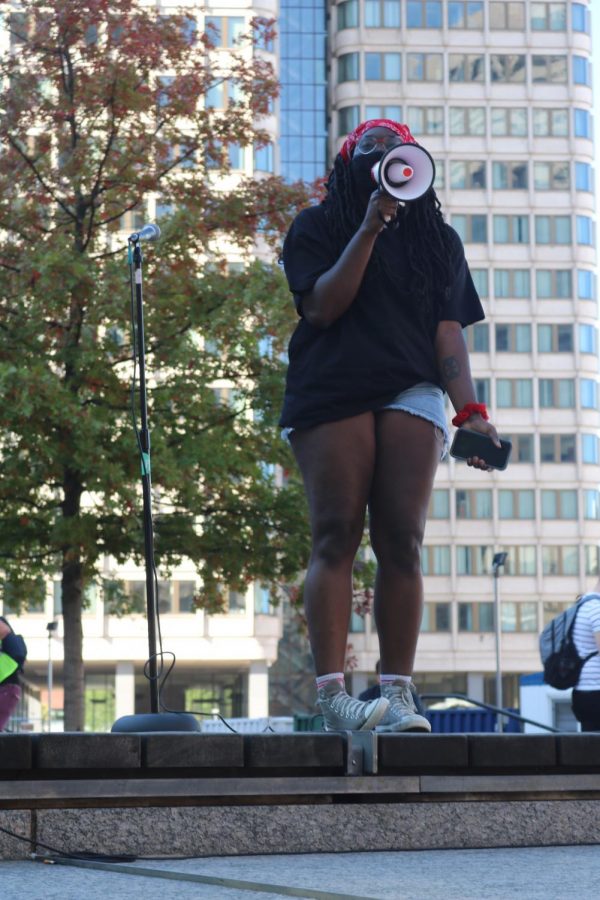
If police departments implemented private liability insurance, Flowers said, officers could purchase an insurance policy for each precinct. When departments are forced to pay settlements to victims of police brutality or their families, the money would come from the insurance company instead of taxpayers. The idea is to place the financial burden of police misconduct on individual precincts and officers to decentivize the use of excessive force.
The idea to implement private liability insurance for police officers was also inspired in part by a conversation Flowers had with her brother about the culture of hazing in “Greek life,” or sororities and fraternities at colleges and universities.
“He was in a fraternity and I was in a sorority, and we were talking about how the hazing back in the days was really bad,” she said. “And they didn’t stop hazing people because it was bad and they were getting gravely injured. They stopped hazing people because they started having private liability insurance on the Greek organizations, which meant that they got charged money if someone got hurt.”
Though there is currently no comparable system in place for police precincts, Flowers said, “that idea resonated really well with what’s going on in our system.”
“If someone doesn’t care about you, the only way you can make them listen to you is by making their pockets hurt,” she said. “That’s what we have going on right now. No one cares about people of color and marginalized groups and low income people, so the only way we can make them listen to us is money.”
Though she attended rallies in support of defunding police departments over the summer, Flowers doesn’t see diverting police funds into social services as an immediate solution for the issue of police brutality.
“The way that our system is set up, even if those things were to go through, which is highly unlikely, it would take like 12 years,” she said. “I thought, ‘What will make us safe in the meantime? What can we do to fix things right now?’ And getting this policy implemented, I thought, would be the best way to do it.”
So far, Flowers and her team have been attending local protests for a variety of liberal causes to spread the word about her organization. They’ve also launched a petition and a GoFundMe page to help promote their message.
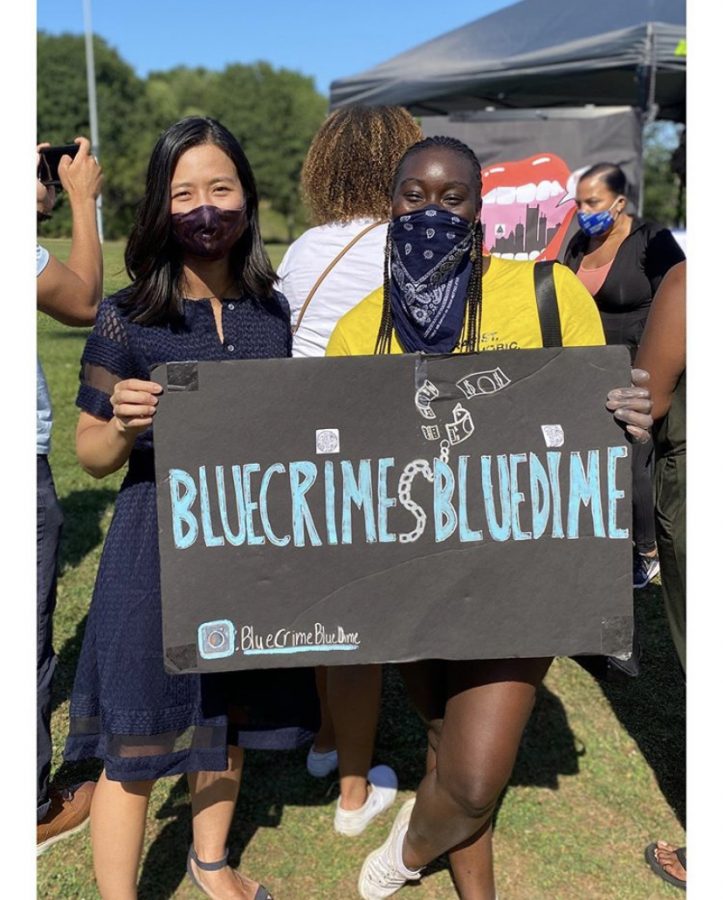
Flowers hopes to expand her organization. Her team, which is composed of seven core members and a few volunteers, is spread throughout several different U.S. cities. She hopes that if her idea can be implemented in Boston, having representatives in other places can help the idea spread more quickly.
“I was thinking about something that Obama and a couple other people had said as well which is, ‘You can’t just protest. You also need policy and you can’t have policy without protest,’” she said. So Flowers and her team turned to local city councilors about implementing Blue Crime Blue Dime’s idea.
“The only person that I’ve heard back from about anything was Michelle Wu,” Flowers said. “And she just said, ‘[Flowers], you really need to get qualified immunity ended before you can really get this policy implemented [because] it might block it.’”
Ending qualified immunity, however, is an uphill battle. The legal principle makes it almost impossible for individuals to sue police officers for misconduct, and is backed by powerful police unions. But despite the setbacks, Flowers is still pushing forward for change.
“The only state so far that has ended qualified immunity is Colorado,” Flowers said. “The Supreme Court, when it was brought to them, literally just tossed it to the side and said ‘No, that’s a state issue, if your state decides then your state decides.’ So if we could get Massachusetts to end [qualified immunity], I think that’s my next big push. It’s not necessarily what our goal is, but that’s our next big push for now.”




